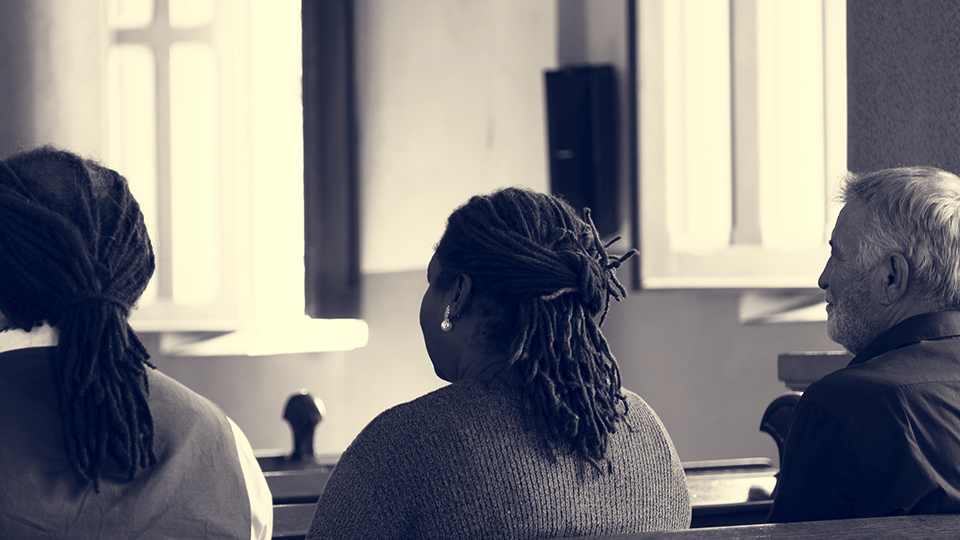Fear often has a negative connotation, but like any emotion, it can drive us to do remarkable things and make a positive impact. Fear should also play a role in our walks with Christ and our approach to leadership. In this blog, Dr. Dennis Robinson explains what it means to truly fear the Lord from a biblical perspective and through the lens of some of his own life experiences. Referencing the book of Proverbs, he expounds on the notion that fearing the Lord is truly the beginning of all knowledge and the key to effective leadership.
Pastoral leadership is much more than preparing messages and preaching once or twice a week. Some of the most meaningful moments for pastors are actually spent outside of the pulpit through their daily interactions, acts of servant leadership, and efforts to help their church operate efficiently. So, how can one person manage all of these things? Well, understanding your leadership style can certainly be a helpful first step. In this blog, Dr. Tony Garza shares how the Leadership Grid Theory can help you make sure that those around you feel valued and heard while making the most of the strengths God has given you!
In the fifth and final installment of this series, Dr. Mike Clarensau concludes with a question that may surprise you. As addressed in parts 1-4, church visitors seek more than the experience of just attending a church service and going on with their lives. They are searching for meaning, fulfillment, security, and friendships. Doing life together and being a part of a community is usually driving the decision to attend a new church. And, at the head of this new church is the pastor. As we know, for anything great to succeed, it must be championed by a great leader. This brings us to the last and certainly, not least question of this series.
Significance is the desperate hope of fragmented people. They’ve lost confidence in the more traditional ways of finding life’s meaning and are searching for some way to make a difference. So when they come into church, they aren’t looking to get busier with a bunch of new programs and events. They are, however, looking for ways to make their life count. In the fourth installment of the series, Dr. Mike Clarensau addresses one of the more profound questions in a church visitor’s mind.
Because of our busy schedules, we’re often a little hesitant to add anything new to our lives. We feel that for us to commit to something new, it must be worth our time. For first-time church visitors and non-believers, attending a new church is no exception. They may not know exactly what they’re getting themselves into or how this new experience will ultimately provide value. As Christ-followers, we know that there is nothing more valuable in this world than Jesus. So, how can we demonstrate this to new church visitors? How can we let them know the value of the gospel and our church community? Dr. Mike Clarensau expounds on this topic in the third installment of this series.
In our previous blog, we tackled the first question people tend to ask when they visit a church for the first time. In the 2nd installment of this 5-part series, Dr. Mike Clarensau shares the second question addressing the importance of trust and security for visitors. Church can and should be a vulnerable place, and as such, visitors must feel safe to be themselves and be vulnerable.
The questions people are asking when they walk through church doors have changed over the past decade. Questions like, “How’s the music?” or “Is the preaching good?” or even “What do they have for my kids?” have slid down the list for many. Yes, a quality presentation and excellent children’s ministries still matter, but those are typically the thoughts of churched people who have come to check you out. The real target audience–the unchurched in our communities–don’t listen to Christian music and aren’t shopping for the best preaching in town. They’re looking for something else.
Ministry practices are facing a great challenge during this time of uncertainty. One thing that has remained certain is that students need to hear the hope of the Gospel, be discipled, and experience Christian community. Dr. Garland Owensby, Southwestern Assemblies of God University (SAGU) Youth & Student Ministries Coordinator, spent time communicating with some SAGU Youth & Student Ministries alumni about how they are interacting and ministering to students during this time.
Have you ever done something that was exhilarating, unique, or maybe a bit scary? Maybe an experience that changed your life? Perhaps you have skydived, eaten exotic food, swam with dolphins, rode a rollercoaster, or traveled to a dream destination. If you have done something like that and the only thing you could take home was a memory, then you have been part of the Experience Economy. In this article, Dr. Garland Owensby shows how Gen-Z is pursuing the Experience Economy and how the church can use this desire to reach them.









